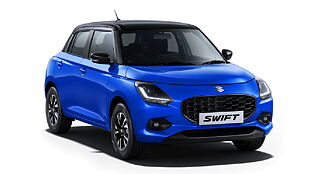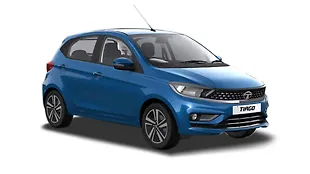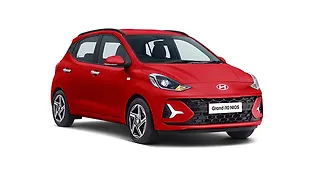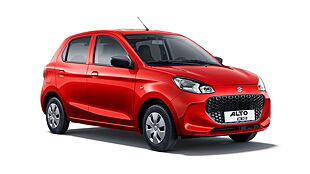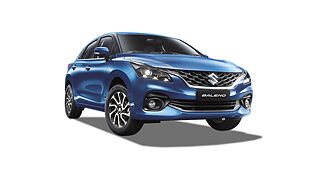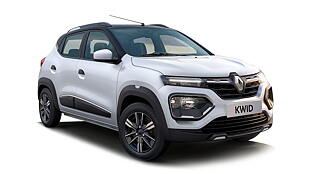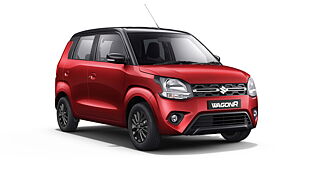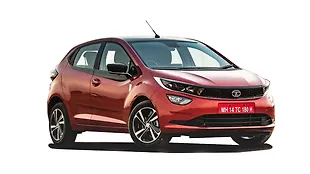Content
Gone are the days when buyers used to opt for diesel cars over petrol models considering the price of diesel to be lower than petrol. This trend will slowly diminish with the constant narrowing of the price difference between diesel and petrol. This will also mean the dominance of petrol cars over diesel cars will return and manufacturers will also introduce new petrol variants of cars. Even the utility car segment, traditionally dominated by diesel cars, might be affected with the share of petrol powered cars to increase in the Indian market.

Diesel cars have enjoyed a good demand in the automobile sector in India for a couple of years now. Though the overall price of a diesel car over a petrol car demanded a high premium, the lower price of diesel meant recovering those costs in a short time. But considering the price disparities in petrol and diesel coming to a nil in some time now, it would not make much economic sense to buy a diesel car. Diesel cars are expensive than petrol vehicles in our country due to the excise duty and sales taxes levied on these vehicles apart from the additional technology costs and extra EMI to be paid for the premium of cars bought on a loan. This extra money paid for the diesel car will now take double the time to recover.

For example, in comparison to the fuel price difference in the fiscal 2012, it took around 2.5 years to recover the extra premium paid for a diesel car. This includes the resale price of the car and all the savings made in consuming diesel over petrol for approximately 10,000kms a year. Today, for the same usage, this recovery period for a diesel car buyer will extend to six years considering the ever increasing price of diesel.


A private diesel car owner would not be able to save a lot unless the usage of his car increases comprehensively in a way to compensate the price difference had he owned a petrol car. It would be feasible to buy a petrol car instead. This analogy would not be applicable to commercial vehicle owners yet, as their usage is quite higher than private cars. The average petrol-to-diesel price ratio is expected to reach a decadal low of 1.2 times in this fiscal on account of the price of petrol falling and that of diesel climbing high. Only the reduction in the price premium for diesel cars can help change the current ownership cost equations for vehicles. Let us hope whichever side the duty structure favours, it is in a way that benefits a car buyer in our country.

Source: CRISIL Reseach

![Maruti Suzuki Swift [2011-2014] Image Maruti Suzuki Swift [2011-2014] Image](https://imgd.aeplcdn.com/272x153/cw/cars/discontinued/maruti-suzuki/swift-2011-2014.jpg?q=80)
![Maruti Suzuki Swift [2011-2014] Rear View Maruti Suzuki Swift [2011-2014] Rear View](https://imgd.aeplcdn.com/199x112/ec/9676/img/l/Maruti-Suzuki-Swift-Rear-view-14857.jpg?v=201711021421&q=80)
![Maruti Suzuki Swift [2011-2014] Left Front Three Quarter Maruti Suzuki Swift [2011-2014] Left Front Three Quarter](https://imgd.aeplcdn.com/199x112/ec/9676/img/l/Maruti-Suzuki-Swift-Front-three-fourth-14858.jpg?v=201711021421&q=80)
![Maruti Suzuki Swift [2011-2014] Rear View Maruti Suzuki Swift [2011-2014] Rear View](https://imgd.aeplcdn.com/199x112/ec/8311/img/l/6861.jpg?v=201711021421&q=80)
![Maruti Suzuki Swift [2011-2014] Interior Maruti Suzuki Swift [2011-2014] Interior](https://imgd.aeplcdn.com/199x112/ec/9676/img/l/Maruti-Suzuki-Swift-Interior-14856.jpg?v=201711021421&q=80)
![Maruti Suzuki Swift [2011-2014] Boot Space Maruti Suzuki Swift [2011-2014] Boot Space](https://imgd.aeplcdn.com/468x263/ec/8311/img/l/6877.jpg?v=201711021421&q=80)
